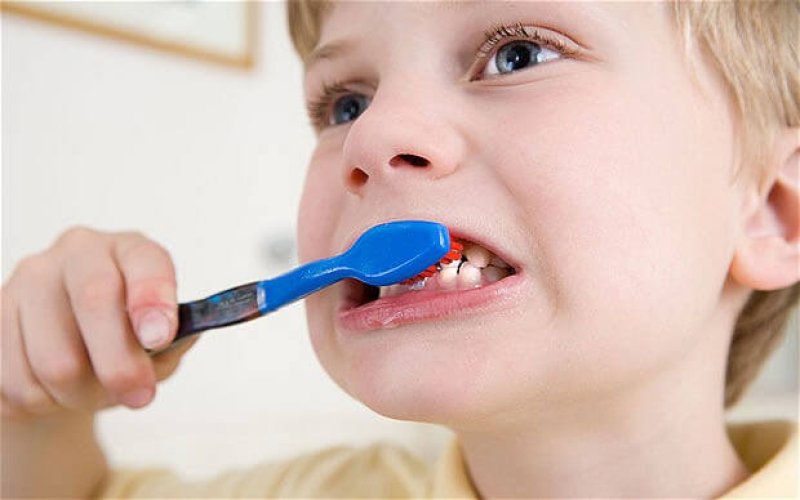In the latest episode of Genetics Unzipped, geneticist Kat Arney takes a look at the biological changes that underpin ageing, and how we can use this knowledge to live longer, healthier lives.
Arney speaks with Dr. Andrew Steele, author of the new book Ageless: The New Science of Getting Older Without Getting Old, to take a deep dive into the processes that underlie ageing and, excitingly, whether we might be able to slow them down to live longer, healthier lives. Although Steele is excited about the potential of anti-ageing therapies such as senolytics, which get rid of senescent ‘sleeping’ cells that accumulate in our tissues as we age, one of the simplest and cheapest ways to slow down the tick of time might be sitting right on your bathroom shelf. And he doesn’t mean that bottle of fancy moisturizer.
“My favorite tip is to brush your teeth as it looks as though that could slow down the ageing process. When you’ve got gum disease or tooth decay, it’s something that your immune system can’t ever quite get rid of, this constant low-level skirmish going on in your mouth and over years, that’s chronic inflammation,” he explains.
“It can accelerate heart disease, it could accelerate cancer and there’s even some sort of tentative evidence at the moment where they have found bacteria related to gum disease in the plaques of people who have dementia. Is it a causative factor? The fact is I’m happy to take the risk and brush my teeth because obviously there’s a load of other benefits at the same time.”
Arney also speaks with Dr Raheleh Rahbari, a research fellow at the Wellcome Sanger Institute, who is studying how patterns of DNA damage accumulate in our tissues throughout life. She discusses how our bodies are patchworks of mutation, right from the very start of life, and the impact this has on ageing and diseases like cancer and dementia.
“Our results show that there are variations in terms of how mutations and changes in DNA accumulate in different tissues. We can see that, for instance, colon from someone who is 30 accumulates less mutation compared to someone who is 80,” Rahbari says.
“Recently, we noticed that actually this might be variable across different tissues. For instance, in testicular tissues from men, we realized that accumulation of mutations is a lot lower than colon. This is really fascinating because it shows that there is evolutionary pressure to keep mutation in this tissue a lot lower and possibly protect the germ cells from acquiring mutation because of their evolutionary role.”
Full show notes, transcript, music credits and references online at GeneticsUnzipped.com.
Genetics Unzipped is the podcast from the UK Genetics Society, presented by award-winning science communicator and biologist Kat Arney and produced by First Create the Media. Follow Kat on Twitter @Kat_Arney. Follow Genetics Unzipped on Twitter @geneticsunzip, and the Genetics Society at @GenSocUK
Listen to Genetics Unzipped on Apple podcasts (iTunes), Spotify, or wherever you get your podcasts.































